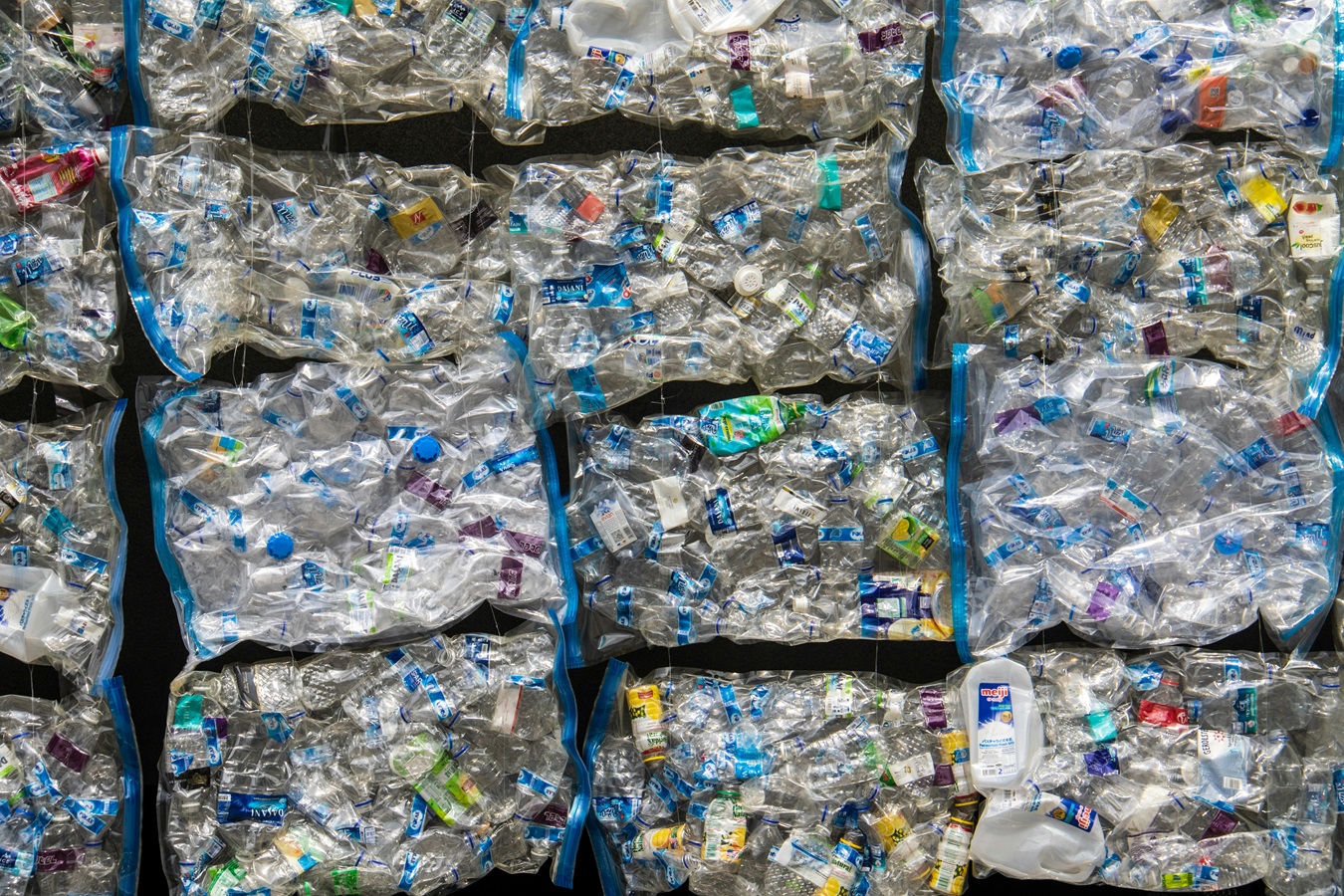Top Tips for Zero-Waste Living

Embracing a zero-waste lifestyle is a powerful way to reduce your environmental footprint and contribute to a healthier planet. For Nigerians, where waste management issues are significant, adopting zero-waste practices can lead to substantial positive changes in our communities. This guide offers practical tips and insights to help you transition to a zero-waste lifestyle, making it engaging, sustainable, and rewarding.
What is Zero-Waste Living?
Zero-waste living aims to minimize the amount of waste we produce by making conscious choices about the products we use and how we dispose of them. The goal is to send as little waste as possible to landfills and incinerators, thereby reducing pollution and conserving natural resources. This lifestyle emphasizes the 5 R’s: Refuse, Reduce, Reuse, Recycle, and Rot (compost).
Why Go Zero-Waste?
Environmental Benefits:
- Reducing waste helps decrease pollution, conserve resources, and protect ecosystems. By minimizing the use of single-use plastics and other disposable items, we can significantly reduce the amount of waste that ends up in our landfills and oceans.
Economic Savings:
- Adopting a zero-waste lifestyle can lead to significant cost savings. By reusing items, buying in bulk, and avoiding disposable products, you can cut down on expenses and make more sustainable financial choices.
Health Improvements:
- Many zero-waste practices promote healthier living. For example, using natural cleaning products and avoiding plastic food containers can reduce your exposure to harmful chemicals.
Community Impact:
- When more people adopt zero-waste practices, it creates a ripple effect that can lead to broader societal changes. Communities become cleaner, and there is greater collective awareness about sustainable living.
Top Tips for Zero-Waste Living
Refuse What You Don’t Need:
- Start by saying no to single-use plastics and other disposable items. This includes plastic bags, straws, utensils, and packaging. Carry your own reusable bags, bottles, and containers to avoid unnecessary waste.
Reduce What You Do Need:
- Be mindful of your consumption. Assess your needs versus wants and opt for high-quality, long-lasting products. Simplify your life by decluttering and keeping only items that add value to your life. This not only reduces waste but also promotes a minimalist and stress-free lifestyle.
Reuse What You Already Have:
- Before buying something new, think about how you can repurpose or reuse items you already own. For example, glass jars can be used for storage, old clothes can be turned into cleaning rags, and empty containers can be repurposed for organizing small items. Get creative with DIY projects to give new life to old items.
Recycle What You Can’t Refuse, Reduce, or Reuse:
- While recycling is not the ultimate solution, it is still an important part of the zero-waste lifestyle. Make sure to separate your recyclables properly and educate yourself about local recycling programs. Recycle paper, cardboard, glass, metals, and certain plastics according to your community’s guidelines.
Compost Organic Waste:
- Composting is a great way to handle food scraps and other organic waste. Set up a compost bin in your backyard or use a composting service if available. Composting not only reduces the amount of waste sent to landfills but also creates nutrient-rich soil that can be used for gardening.
Additional Tips for Zero-Waste Living
Buy in Bulk:
- Purchasing items in bulk reduces packaging waste. Bring your own containers to stores that offer bulk goods, such as grains, nuts, spices, and cleaning supplies. This practice also often saves money.
Support Sustainable Brands:
- Choose to buy from companies that prioritize sustainability and ethical practices. Look for products made from recycled materials, packaged in eco-friendly ways, or produced by businesses with transparent environmental policies.
DIY and Homemade Solutions:
- Make your own cleaning products, beauty items, and even some food items. DIY solutions often use fewer chemicals and less packaging. For example, you can make your own all-purpose cleaner with vinegar, water, and essential oils or bake bread at home to avoid plastic-wrapped store-bought options.
Opt for Digital Alternatives:
- Reduce paper waste by going digital. Opt for electronic bills, digital receipts, and online subscriptions. Use e-books and digital note-taking apps instead of physical books and paper.
Educate and Advocate:
- Share your zero-waste journey with others to inspire and educate them. Join or start community groups focused on sustainability. Advocate for better waste management policies and practices in your community.
Overcoming Common Challenges
Availability of Products:
- In some areas, finding zero-waste products can be challenging. When possible, shop online from sustainable stores or support local artisans and markets that offer eco-friendly options.
Initial Costs:
- While some zero-waste products may have a higher upfront cost, they often pay off in the long run due to their durability and reusability. Start small and gradually invest in quality items.
Time and Effort:
- Transitioning to a zero-waste lifestyle can require more time and effort initially. However, as you build new habits, it becomes easier and more routine. Plan ahead and make incremental changes to avoid feeling overwhelmed.
Conclusion
Adopting a zero-waste lifestyle is a rewarding and impactful way to contribute to a healthier planet and society. By refusing unnecessary items, reducing consumption, reusing and repurposing what you can, recycling responsibly, and composting organic waste, you can significantly reduce your environmental footprint. Embrace the journey towards zero waste with patience and creativity, knowing that every small step makes a difference.
Together, we can build a sustainable future for Nigeria and the world. Let’s take action today for a cleaner, greener tomorrow.
Most Recent Posts
Clean Street Initiative (CSI) is an NGO in Nigeria dedicated to fostering environmentally responsible citizens. Driven by a strong commitment to sustainability, CSI aims to inspire and educate individuals to take active roles in protecting and preserving the environment.
Contact
+234 (903) 283-3036
info@cleanstreetinitiative.org
1-5 Oba Akinjobi Rd, Ikeja GRA, Lagos



